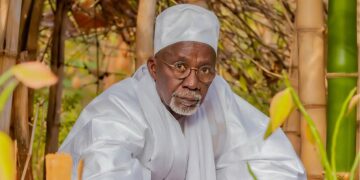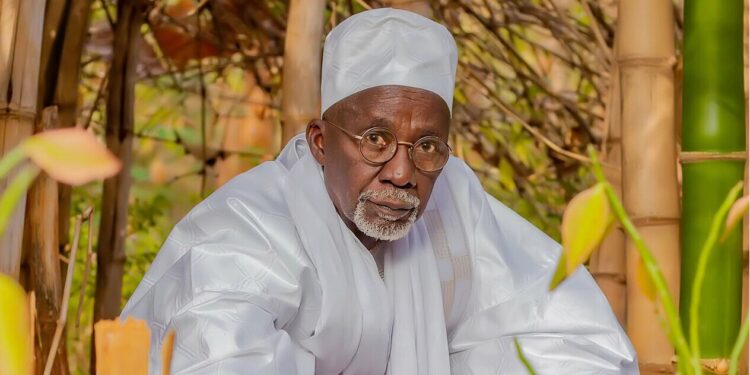Bamako — Malian television announced Wednesday that filmmaker Souleymane Cissé, a pioneer of African cinema with a career spanning 50 years, died at age 84.
He died on 19 February 2025, in a clinic in Bamako, Mali. The cause of Cissé’s death was not announced.
Shortly before his death, he was to chair the “fiction feature film” jury at the 29th edition of Fespaco, which will be held from 22 February 2025, in Ouagadougou, Burkina Faso.
The Malian government said Cissé “had just held a press conference to present two trophies as a prelude to the 29th edition of Fespaco, the Pan-African Film and Television Festival of Ouagadougou (FESPACO), which will open this next weekend in the capital of Burkina Faso.”
Cissé was the first Black African filmmaker to win a feature film prize at the Cannes Film Festival in France. He won the jury prize in 1987 for “Yeelen,” or “The Light,” and in 2023, he won the Carrosse d’or for “Finye,” or “The Wind.”
Cissé also twice won the Étalon d’or de Yennenga, the Grand Prize of the Ouagadougou Pan-African Film and Television Festival.
Born in Bamako, Mali, Cissé studied in Mali, Senegal and Moscow. He was President of the Union of Creators and Entrepreneurs of Cinema and Audiovisuals of West Africa.
Tributes poured in for Cisse, whose trailblazing work on the silver screen across more than half a century was marked by a commitment to African storytelling, deep humanism and political engagement.
“Papa died today in Bamako. We are all in shock. He dedicated all his life to his country, to cinema and art,” Mariam Cisse said.
Souleymane Cissé was regarded as one of the first generation of African filmmakers. He was called “Africa’s greatest living filmmaker” while his film Yeelen has been called “conceivably the greatest African film ever made.”
Souleymane Cissé is one of the most recognized African filmmakers of the twentieth century, and his work exemplifies the development of social realism in African cinema, including its eventual movement towards the recovery of tradition.
Cissé has also been called “a master of complex storytelling, preserving the mysterious in the mundane.” His films have been known for their uncompromising depictions of military violence, abuse of money and power, trade unionism, and the enduring stranglehold of patriarchal traditions over Bamako’s women and youth.[
By AP









